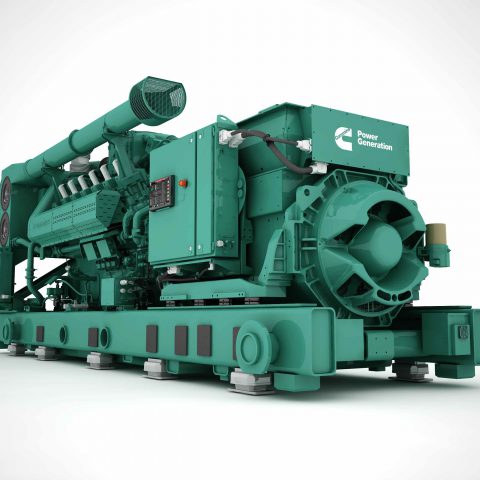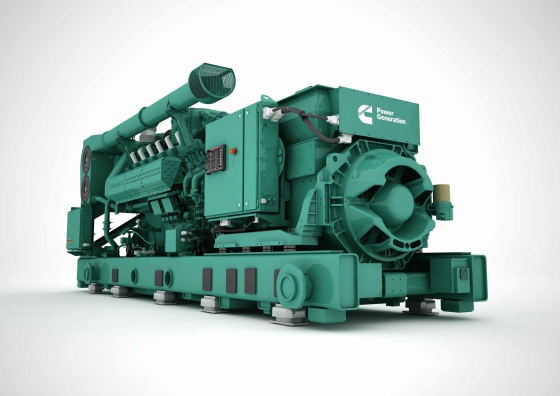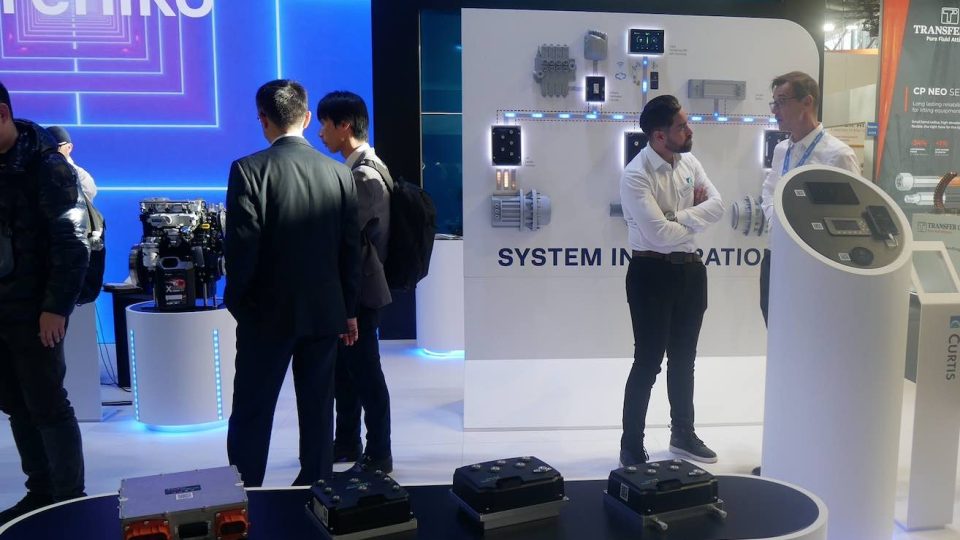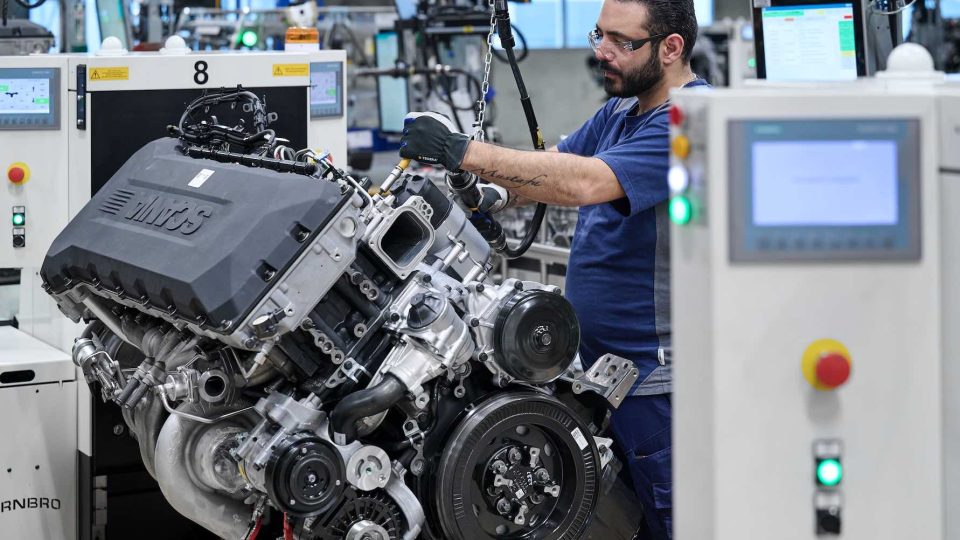Cummins gas gensets: big steps towards the future
Cummins has been investing in gas gensets for quite a long time. Just to make an example, here’s our report from Dubai, MEE 2020, when the US company introduced its latest addition, the C25G gas-powered generator. Now, a couple of achievements deserve to be highlighted, in order to show how such an issue is crucial […]

Cummins has been investing in gas gensets for quite a long time. Just to make an example, here’s our report from Dubai, MEE 2020, when the US company introduced its latest addition, the C25G gas-powered generator.
Now, a couple of achievements deserve to be highlighted, in order to show how such an issue is crucial today and will be crucial in the near future. Since its launch in March 2019, Cummins’ HSK78G gas generator installations have achieved an installation capacity of more than 80MW, equivalent to powering around 52,000 homes.

Reliable power for a diverse set of industries: Cummins gas gensets
Here’s what Cummins said about its commitment in gas generators. «With a power density of up to 2MW, Cummins lean-burn gas generators are designed to provide reliable power for a diverse set of industries from mining and manufacturing, to shopping malls and hospitals. With fuel flexibility across the range, HSK78G generators use natural, low-cost, low-BTU, free fuel sources that would otherwise be considered waste products».
Industry’s first grid code compliance certification
Cummins has also announced the completion of the European grid code compliance (GCC) certification across its lean burn gas generator portfolio, becoming the first company to achieve this independent certification within the power generation space.
The Cummins gas generators that have obtained the grid code certification, range from 0.5-2MW, including generator models from the newly released and above mentioned HSK78G and C25G gas generator series alongside some models from the established QSK60G series.

The capabilities of all gas generators have been tested, assessed and verified by an independent third-party certification body – DNV GL based in Germany. Over the past two years, DNV GL have tested the high-efficiency gas generator units running in grid parallel mode to ensure these products comply to all the latest stringent European and UK regulations around grid paralleling.










